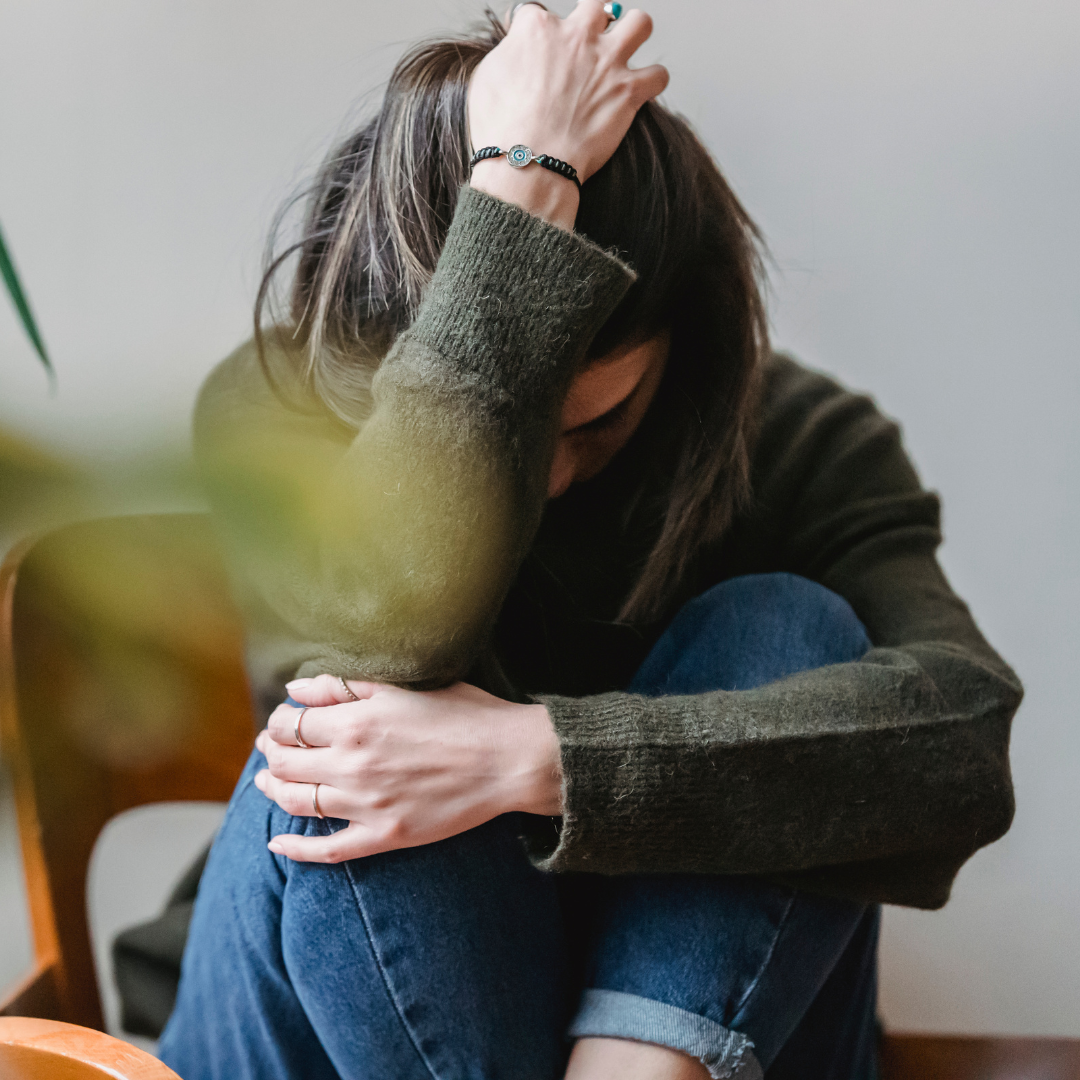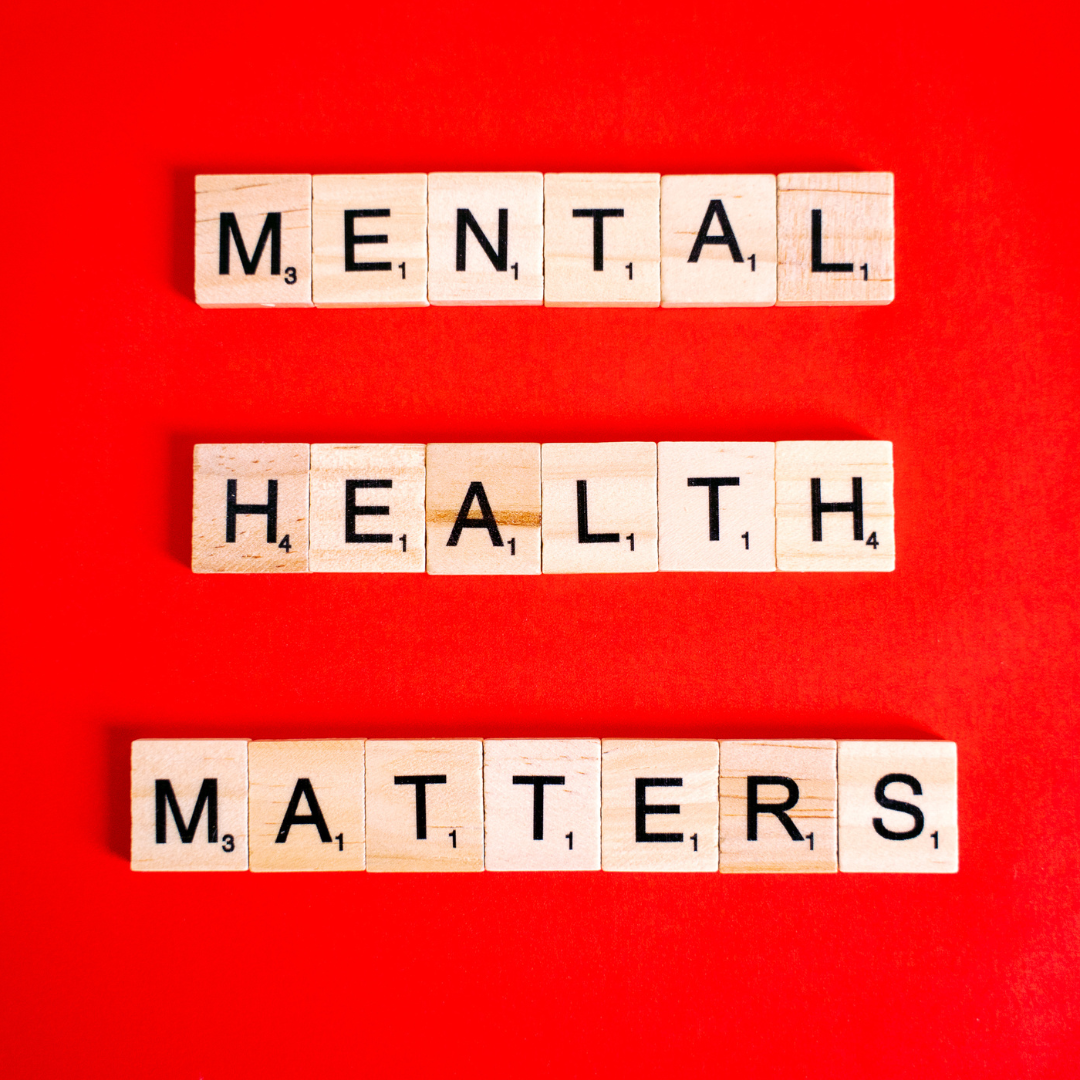The Side Effects of Anxiety Disorders: What You Need to Know
Anxiety disorders are one of the most common mental health conditions in the world. While there are many different types of anxiety disorders, all can cause significant distress and impairment in daily functioning. In many cases, people are aware that they have an anxiety disorder because they experience excessive levels of stress and worry. But did you know that anxiety can also cause a lot of other side effects that you don’t necessarily associate with mental health issues? Understanding what these side effects are can help you identify problems that would otherwise go unnoticed.
In this blog post, we will discuss some of the side effects that can occur as a result of having an anxiety disorder.
Digestive Issues
One of the most common side effects of anxiety disorders is digestive issues. People with anxiety often experience problems like constipation, diarrhea, and nausea. These problems can be extremely disruptive to daily life and can make it difficult to concentrate on anything else.
There is a lot of evidence to show a link between mental health and gut health. So, if your digestion is affected and the bacteria in your gut is out of balance, this can make you feel more anxious. The increase in anxiety will then make the digestive issues even worse and the cycle continues.
Digestive issues can be caused by a number of things, but if you notice that it is worse when you are feeling stressed, it could be a sign of an anxiety disorder.
Chest Pains
Chest pains are another common side effect of anxiety disorders. Many people with anxiety experience tightness or pressure in their chest, which can be very frightening. This sensation is often called a panic attack and can feel like you are having a heart attack.
If you experience regular chest pains, it’s important that you get it checked out. Chest pains can be a sign of other health problems, such as heart disease, and it’s important to rule these out before assuming that the chest pains are caused by anxiety. However, if you see a doctor and they can’t find any underlying causes, it may be more mental than physical.
Alcohol Misuse
Alcohol misuse is another common side effect of anxiety disorders. People with anxiety often turn to alcohol as a way to cope with their symptoms. This can be very dangerous, as alcohol can make the symptoms of anxiety worse. Initially, alcohol has a relaxing effect and reduces the symptoms of anxiety, so people use it to self-medicate. However, once the effects wear off, it makes you feel more anxious.
There is also a strong risk of addiction if you are relying on alcohol to control your anxiety disorder. If you are struggling with alcohol misuse, it’s important to get help from professional addiction treatment services. When you find your alcohol intake is steadily increasing and you are drinking in response to stress, it’s likely that it is linked to your anxiety.
Fatigue
Fatigue is another common side effect of anxiety disorders. People with anxiety often feel tired and drained, even when they haven’t done anything strenuous. This can be very disruptive to daily life and can make it difficult to concentrate on anything else.
There are a few possible explanations for this fatigue. One is that the body is using all of its energy to try and deal with the anxiety, so there is nothing left for other activities. Another explanation is that anxiety can cause problems like sleep deprivation and stress, which lead to fatigue.
If you are feeling constantly tired and find it difficult to get through the day, it may be a sign of an anxiety disorder.
Sleep Problems
Sleep problems are another common side effect of anxiety disorders. People with anxiety often have trouble falling or staying asleep. When you are worrying about things, it’s difficult to quiet your mind and get some rest. If you have digestive issues and you are feeling nauseous, this can disrupt your sleep too.
Lack of sleep feeds into fatigue problems and it can also cause other issues like irritability and impaired judgment. If you are struggling with sleep problems, it’s important to get help for your anxiety issues.
Anxiety problems often go unnoticed because people are only aware of the major symptoms. But you can still have an anxiety disorder even if you don’t necessarily feel worried and anxious all of the time. In some people, the problem manifests in different ways, which is why it’s important that you are aware of some of the side effects of anxiety. Knowing what to look for means that you can identify the problem early and seek treatment.












